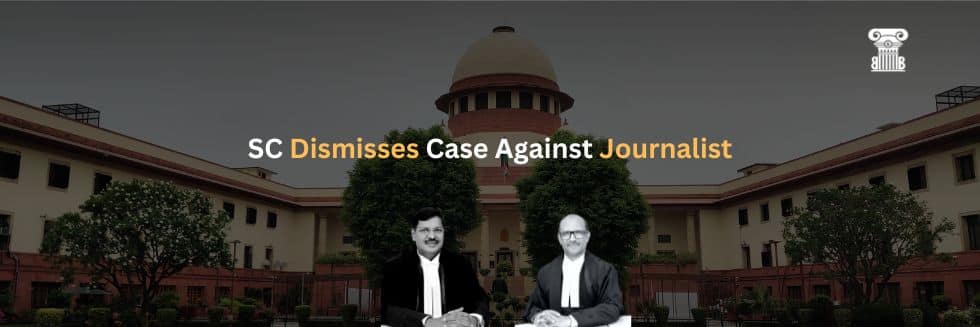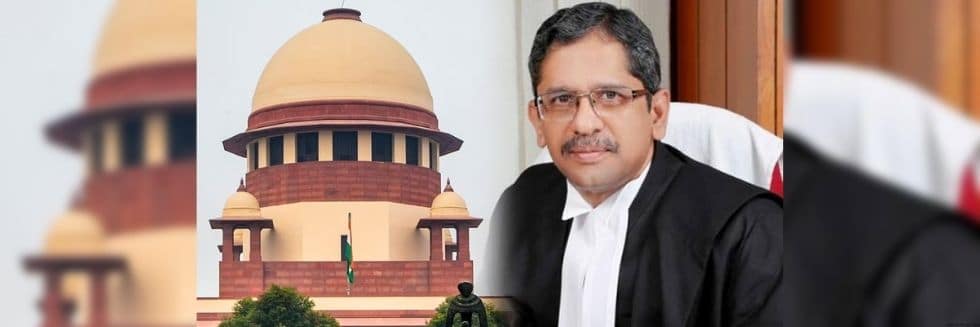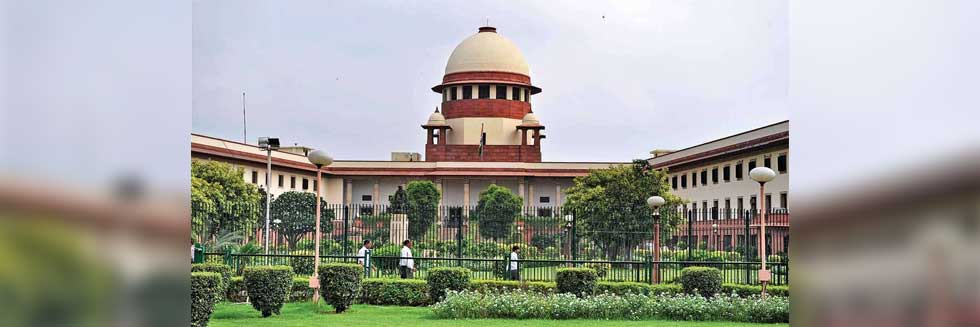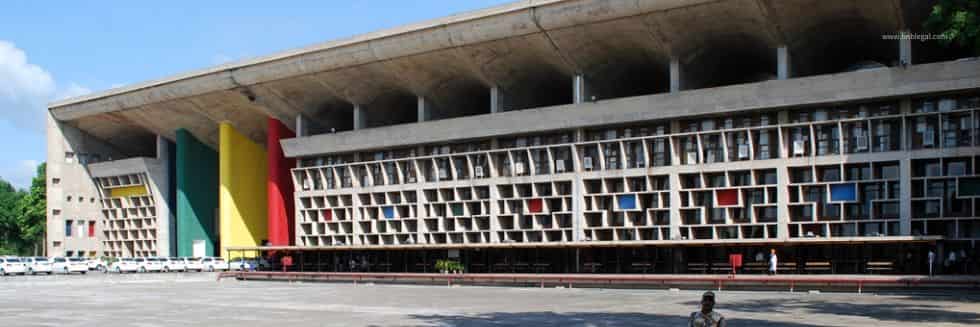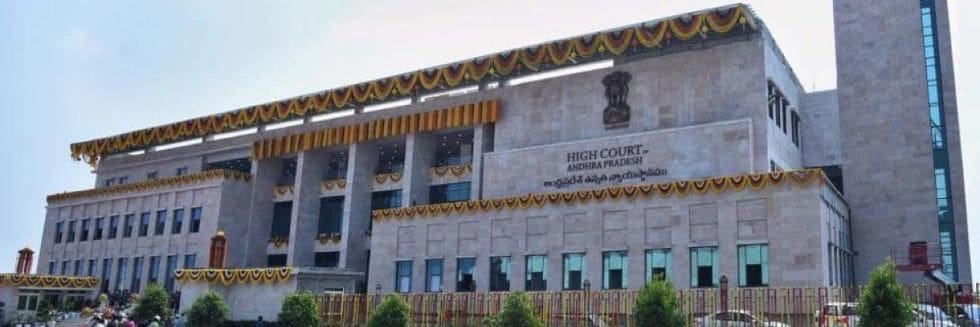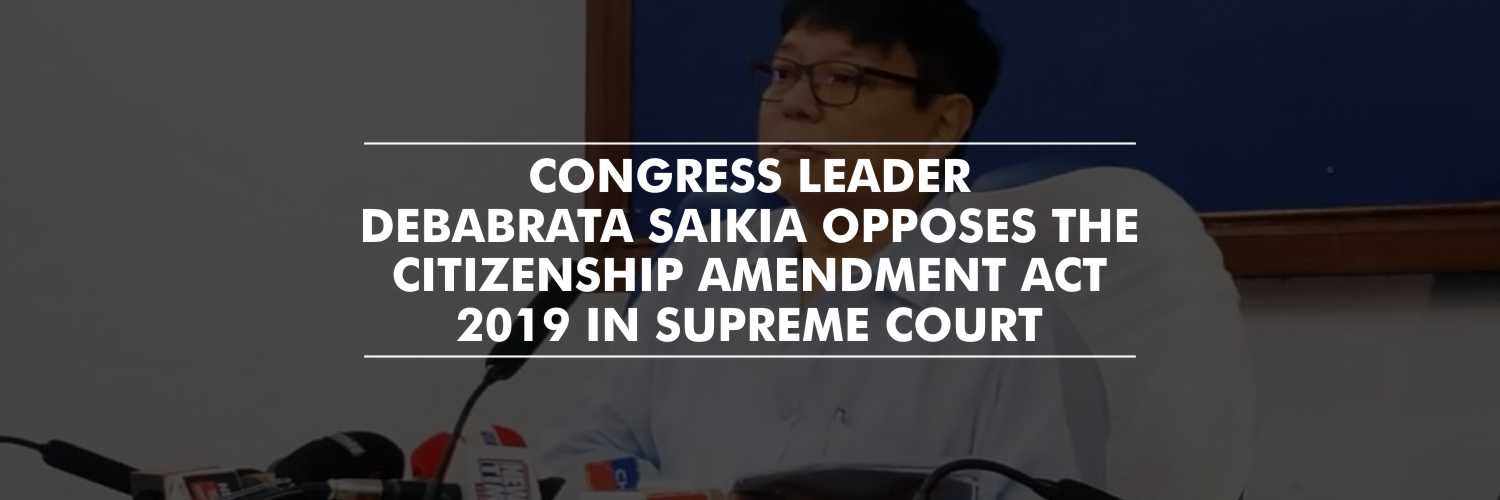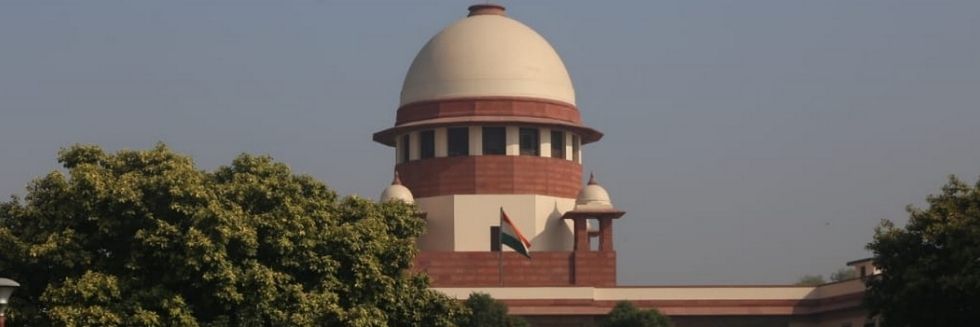In the case of Shiv Prasad Semwal v. State of Uttarakhand and Others, the Supreme Court delivered a landmark ruling upholding journalistic freedom. Justices BR Gavai and Sandeep Mehta stressed that to establish an offence under Section 153A of the Indian Penal Code, there must be incitement of enmity among two or more communities. The Court deemed the allegations against the appellant insufficient as they did not demonstrate the involvement of multiple groups or communities affected by the online post. Drawing on previous rulings, the Court affirmed the importance of journalistic expression and dismissed the ongoing criminal case against the appellant. This decision sets a crucial precedent in safeguarding freedom of speech and expression for journalists.
CASE DETAILS:
Shiv Prasad Semwal v. State of Uttarakhand and Others
2024 LiveLaw (SC) 251
Supreme Court
Coram: Justices BR Gavai and Sandeep Mehta
BACKGROUND:
- The complainant who runs a foundation had organized a foundation stone laying ceremony for the “Matra Ashraya-A collection museum” on a piece of land to be attended by the Chief Minister of Uttarakhand.
- The allegation against the appellant was that he had published an article in the e-newspaper “Parvatjan” claiming that the land slated for the ceremony was government land unlawfully occupied by the complainant.
- The appellant was charged under Section 153A of the Indian Penal Code (IPC) which deals with promoting enmity between different groups on grounds of religion, race, place of birth, residence, language etc.
- It was alleged that the appellant’s online post incited enmity and disharmony among the hill community and the plains people.
- The accused filed an application in the High Court seeking to quash the pending criminal case under Section 153A IPC. However, the High Court declined to quash the case.
- The appellant appealed this decision challenging the High Court’s refusal to quash the pending criminal case under Section 153A IPC.
OBSERVATIONS:
The court found the complainant’s allegation insufficient to establish the offence under Section 153A IPC as essential factual elements were absent from the FIR’s allegations. It noted that the appellant’s post only targeted the complainant suggesting that his actions were detrimental to the hills, without referencing any specific groups or communities.
In the case of Manzar Sayeed Khan v. State of Maharashtra and Anr., this Court emphasized the necessity of two or more groups or communities for the application of Section 153A IPC which was not present in the present case. Relying on the Bhajan Lal case, the court concluded that allowing the proceedings against the appellant to continue would amount to an abuse of the legal process as the allegations in the FIR did not disclose the essential elements of any cognizable offence. As a result, the appeal was upheld and the ongoing criminal case against the appellant was dismissed.
JUDGEMENT:
The Supreme Court reaffirmed that for an offence to be established under Section 153A of the Indian Penal Code, the crucial requirement is to incite a sense of enmity and disharmony among two or more groups or communities. Without meeting this criterion, no offence can be deemed to have occurred under Section 153A IPC.
